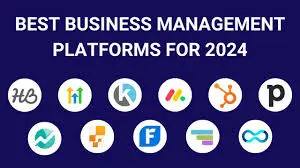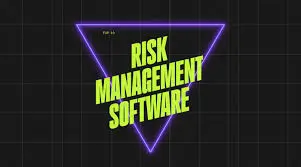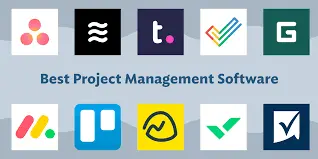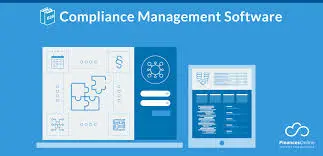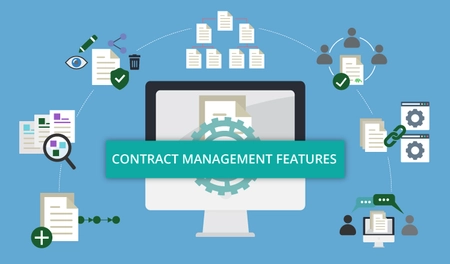
1. Eventbrite
Eventbrite continues to be a leading choice for many event organizers. Its intuitive interface and comprehensive feature set make it ideal for a range of events, from small gatherings to large conferences.
Key Features:
- Easy Event Creation: Simple tools to design and publish events quickly.
- Ticketing and Registration: Advanced options for ticketing and attendee registration.
- Promotion Tools: Built-in features for email marketing and social media integration.
Pros:
- User-Friendly Design
- Robust Analytics
- Flexible Pricing Plans
Cons:
- Limited customization options for event pages.
2. Cvent
Cvent stands out with its extensive suite of features designed for corporate and large-scale events. It's renowned for its advanced event management capabilities and scalability.
Key Features:
- Event Registration: Sophisticated tools for attendee registration and management.
- Onsite Solutions: Includes check-in kiosks and badge printing.
- Venue Selection: Tools to find and book venues.
Pros:
- Comprehensive Event Solutions
- High-Level Customization
- Detailed Reporting
Cons:
- Higher price point compared to competitors.
3. Whova
Whova is celebrated for its mobile-first approach and engagement-focused features. It's an excellent choice for interactive and highly engaging events.
Key Features:
- Mobile Event App: Customizable app for attendees to view schedules, network, and interact.
- Attendee Engagement: Features like live polls and Q&A.
- Networking Opportunities: Tools for attendees to connect and network.
Pros:
- Innovative Engagement Tools
- Seamless Integration
- User-Friendly Mobile App
Cons:
- Limited features in the free version.
4. Bizzabo
Bizzabo is known for its holistic event management solutions and its focus on delivering exceptional attendee experiences.
Key Features:
- Event Website Builder: Create customized event websites with ease.
- Analytics and Reporting: Detailed insights into event performance and attendee behavior.
- Networking Features: Facilitate attendee connections and interactions.
Pros:
- Comprehensive Analytics
- Customizable Event Websites
- Strong Support and Resources
Cons:
- Can be expensive for smaller events.
5. Social Tables
Social Tables specializes in event diagramming and seating management, making it ideal for complex event layouts and seating arrangements.
Key Features:
- Seating Charts: Create and manage detailed seating arrangements.
- Event Diagramming: Visualize and plan event spaces.
- Collaboration Tools: Share diagrams and layouts with your team.
Pros:
- Advanced Diagramming Tools
- Collaborative Features
- Highly Visual
Cons:
- Focuses mainly on layout and seating rather than broader event management.
Comparison Chart: Top Event Management Software for 2024
| Software | Key Features | Pros | Cons |
|---|---|---|---|
| Eventbrite | Easy event creation, ticketing, promotion | User-friendly, robust analytics | Limited customization options |
| Cvent | Registration, onsite solutions, venue selection | Comprehensive solutions, high-level customization | Higher price point |
| Whova | Mobile app, engagement tools, networking | Innovative, seamless integration | Limited features in free version |
| Bizzabo | Website builder, analytics, networking | Comprehensive analytics, strong support | Expensive for smaller events |
| Social Tables | Seating charts, event diagramming, collaboration | Advanced diagramming, collaborative | Limited to layout and seating |
Conclusion
Choosing the right event management software for 2024 depends on your specific needs, whether it's advanced analytics, attendee engagement, or seamless event creation. Eventbrite, Cvent, Whova, Bizzabo, and Social Tables each offer unique features that cater to different aspects of event management. Evaluate your priorities and select the software that best aligns with your event goals.
For more details and to explore each option further, visit their respective websites and request demos to see how they fit your needs.



